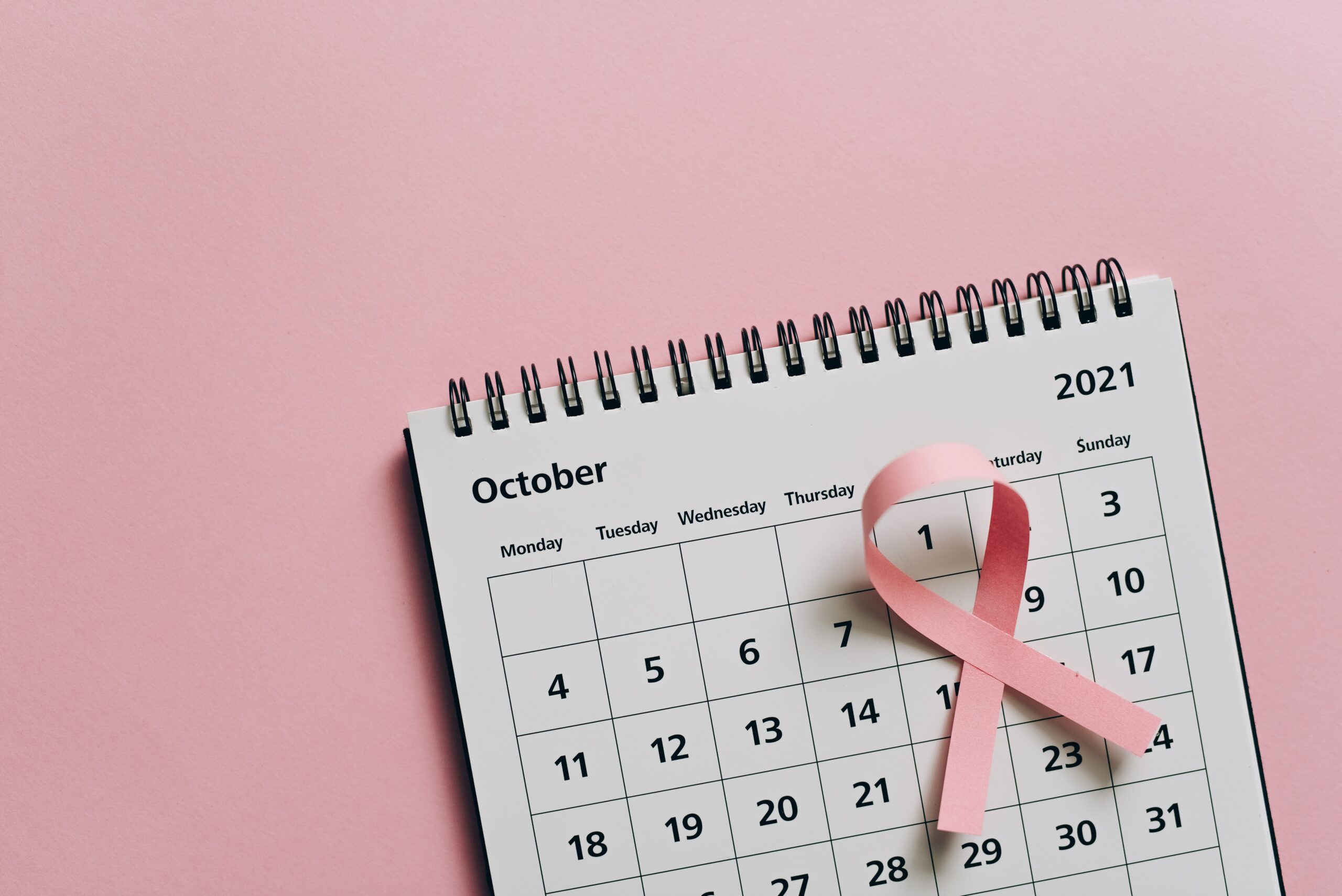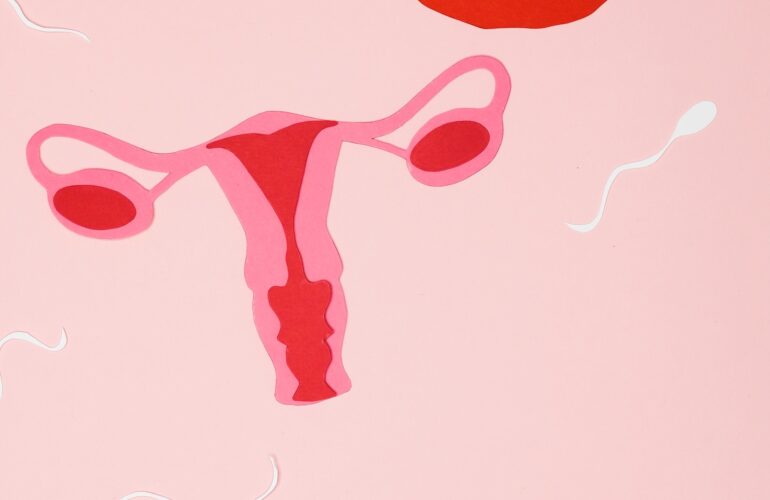PCOS, while many of us have the idea about the syndrome, some people still treat PCOS as a disease. Polycystic Ovary Syndrome (PCOS) a condition that affects hormones in women’s body during the reproductive years. It is a condition in which ovaries produces an abnormal amount of hydrogen, male sex hormones that are usually present in women in small amounts.
In simple words, a condition in which a woman might not have periods very often or have periods that lasts longer than usual is PCOS. Various small sacs of fluid develop in the outer layer of the ovary with PCOS, which are called cysts. The reproductive hormones become imbalance with PCOS. The name “Polycystic” does not always mean that the women have cysts, some do not have cysts in PCOS while some women can develop cysts without PCOS.

Symptoms of PCOS
Some girls can notice the symptoms during the first menstrual period while some can develop it after having periods for a while. The common symptoms of PCOS are:
• Irregular periods – A normal period cycles would run for 2 to 7 days every month during the reproductive years of a woman’s life, but if a woman has PCOS she can face irregular periods, few menstrual periods, not having periods for two long, periods that last longer than usual. Getting less than 8-9 periods in a year can be a sign of difficulty during future pregnancy.
• Abnormal hair growth – Many women face excessive facial hair, heavy hair growth on chest, back, arms, belly etc… because of high levels of hormone androgen in the body.
• Cysts – Different ovary with large or many cysts and small pocket if fluid in the ovaries.
• Weight gain – About 80% of the women can experience gain in specially in the belly area.
• Acne, oily skin, thinning of hairs, dark patches on neck armpits and breasts, extra skin tags around necks or armpits can also be symptoms of PCOS.
• Infertility can also be a symptom of PCOS as many female with PCOS are unable to conceive due to lack of ovulation.
Although it is still possible to have PCOS and not have any of the above-mentioned symptoms, recommend a diagnosis can if a person notices at least two of these symptoms.
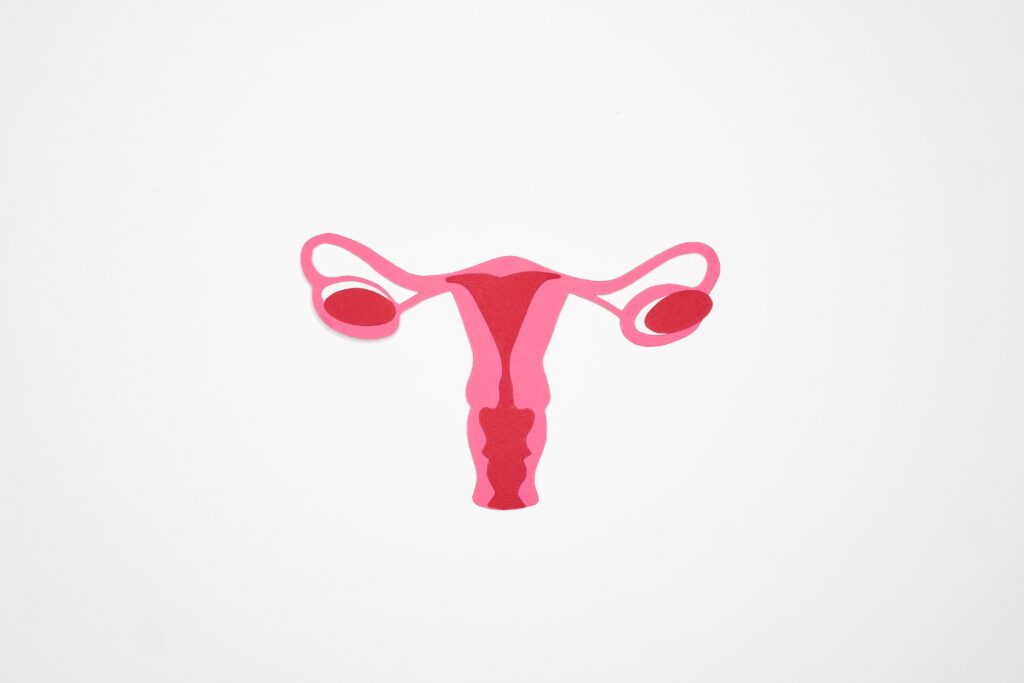
Causes of PCOS
Although it is difficult to state the exact cause of PCOS, listed below are a few factors which can play a pivotal role in causing the same.
• Genetic – It can be genetic, and one can develop PCOS because of the genes of a family hierarchy. Family history of this condition can be a cause of having the same.
• Excess androgen – Higher level of androgen present in the ovaries from releasing eggs can cause irregular periods. This means that the eggs won’t develop on a regular basis and are not released from the follicles where they develop. It can also cause acne, hair growth and other symptoms in a woman’s body.
• Insulin resistance – Insulin is a hormone that the pancreas makes. An increased insulin level can cause ovaries to release androgens, which can suppress ovulation and can lead to irregular periods or infertility.
Insulin resistance means your body does not process the insulin correctly, leading to high glucose level in the body, which can also cause diabetes.
Symptoms can be dark, small packed on skin, neck, armpits, breasts, and back, sudden weight gain, etc…
• Low-grade inflammation – White blood cells make substance in response to injury or infections, the response is called low-grade inflammation. Low-grade inflammation can lead polycystic ovaries to produce androgens and cause PCOS. Blood test can measure the level of C-reactive protein (CRP) and white blood cells.

How to diagnose?
Initially, the doctor will ask for the medical history and symptoms you are facing to diagnose PCOS. Some tests can really help to diagnose, which are,
• Blood test – This test can help to measure the level of white blood cell in the body, which can later help to understand the androgen and other hormones level.
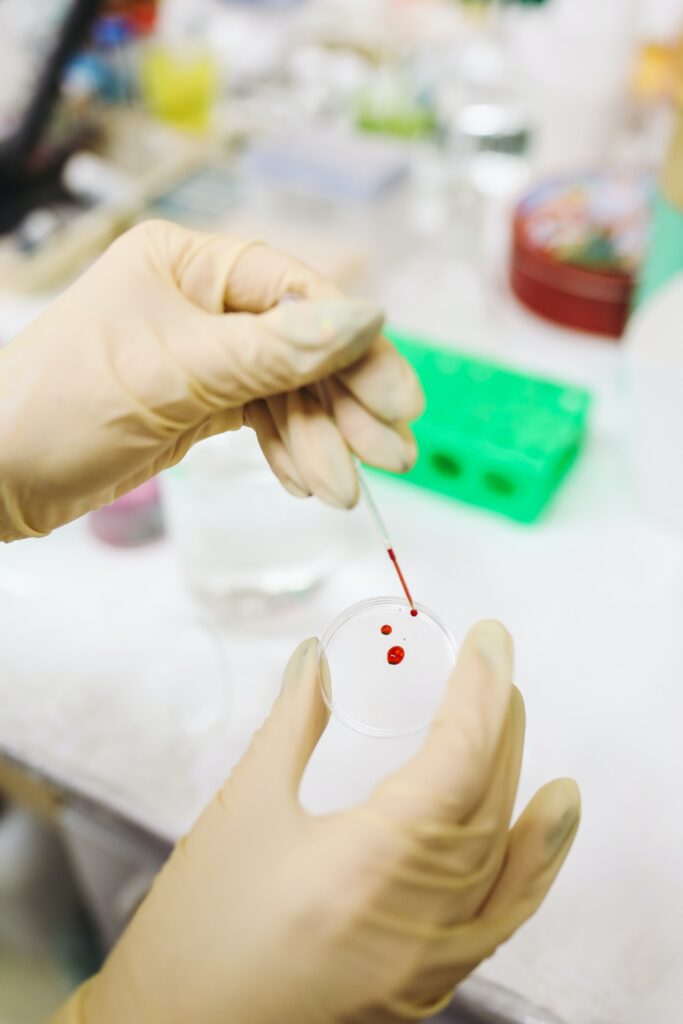
• Ultrasound – This test uses sound waves and computer-generated images to produce an understanding of blood vessels, tissues and organs in the body. It is also used to look at the size of ovaries and if they have any cysts.
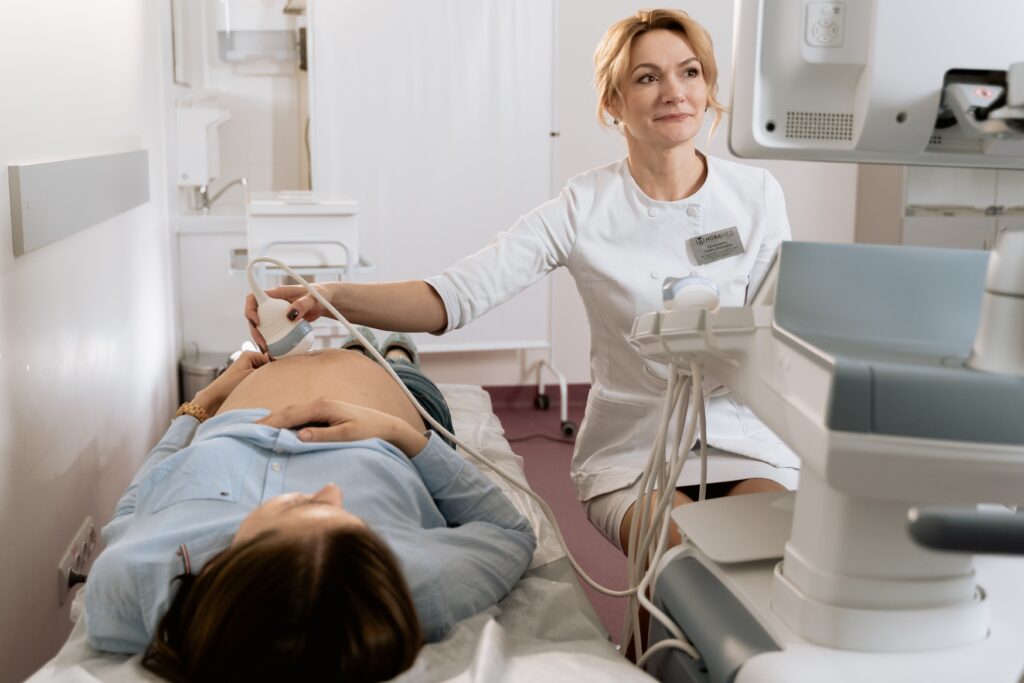
• Doctors can also suggest a check on your cholesterol level to diagnose this condition better.
Some of the hormone balancing herbs which can help PCOS are:
• Ginger
• Garlic
• Basil
• Bay leaves
• Cinnamon
• Spearmint
• Licorice
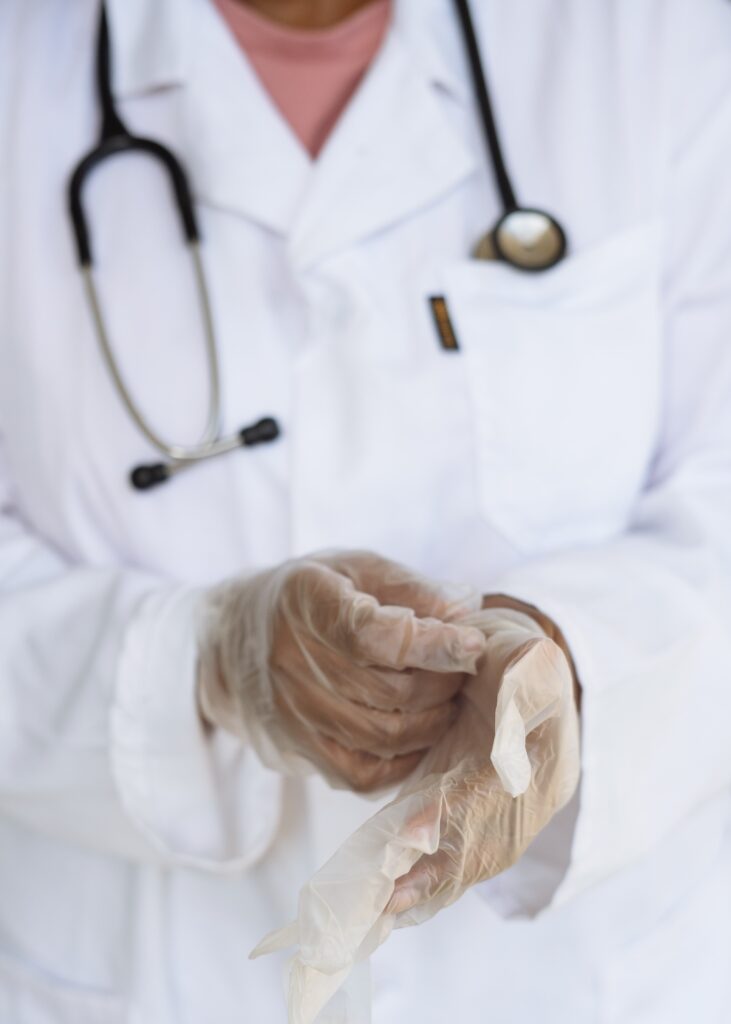
Treatment for PCOS
Treatment for the condition can vary depending upon the symptoms, medical history, health conditions, and also whether you want to become pregnant in the future or not.
• Change in diet and activity
The doctor can suggest that you lose weight, have a healthy diet or change in your lifestyle to maintain a positive effect on the insulin levels.
• Medications to cause ovulation
To help the ovaries function normally, doctors will suggest meditations to release eggs. This medication is suggested if you want to become pregnant as it has certain risk and chances of having multiple births like twins.
• Surgery
Surgery suggested when you want to become pregnant now or in the future, where the procedure called ovarian drilling can trigger ovulation by removing tissues in the ovaries.
• Hormone control pills
To control measures cycles, lower androgen levels and to reduce acne or hair growth, doctors can suggest birth control pills, patches, shots etc., in case you do not want to become pregnant.

The bottom line, while it is possible that your PCOS can go away on its own, it is also possible that it does not, even with menopause. If PCOS is affecting your quality life, consult a healthcare specialist for better recommendations.
Get personal consultation from Dt Suman http://Contact Us – Dt Suman
Check othere blogs on Health and fitness http://Metabolic Disorder – Dt Suman

